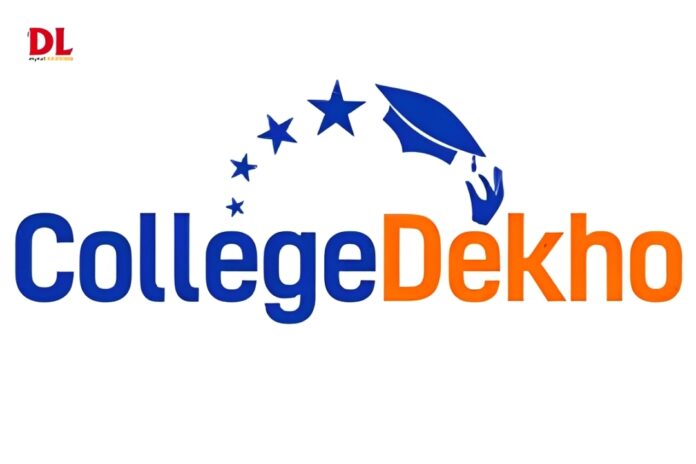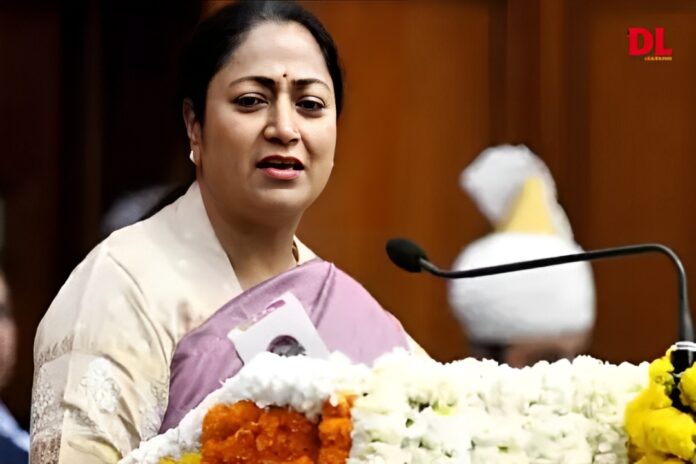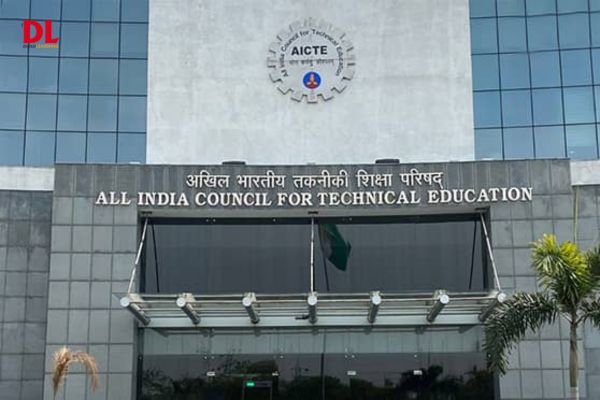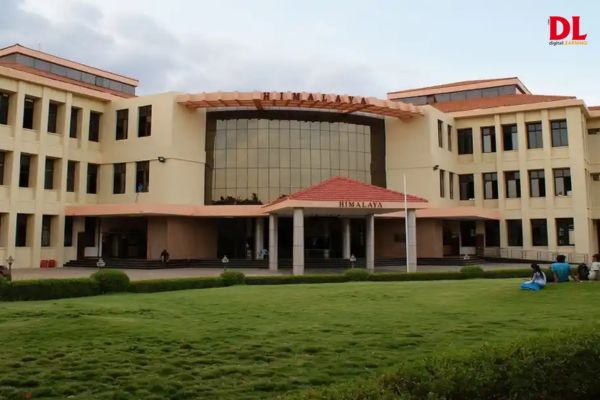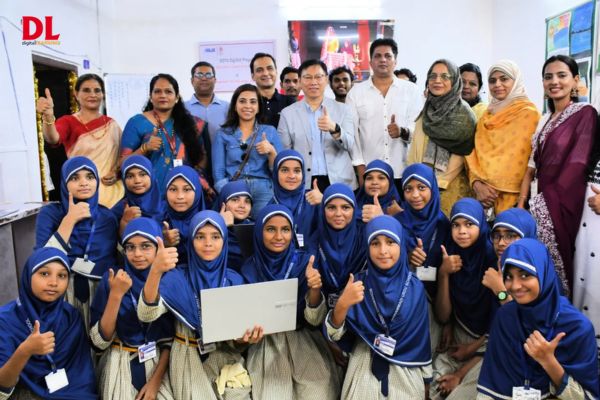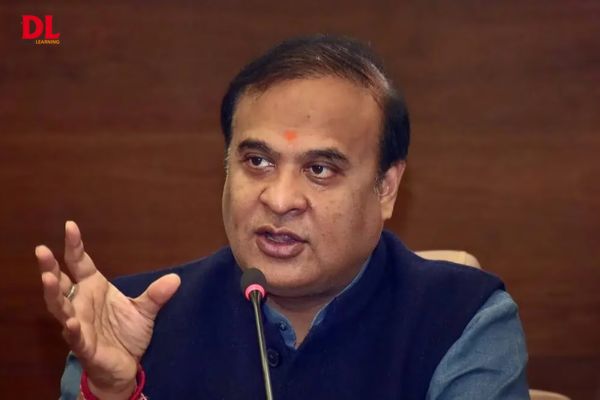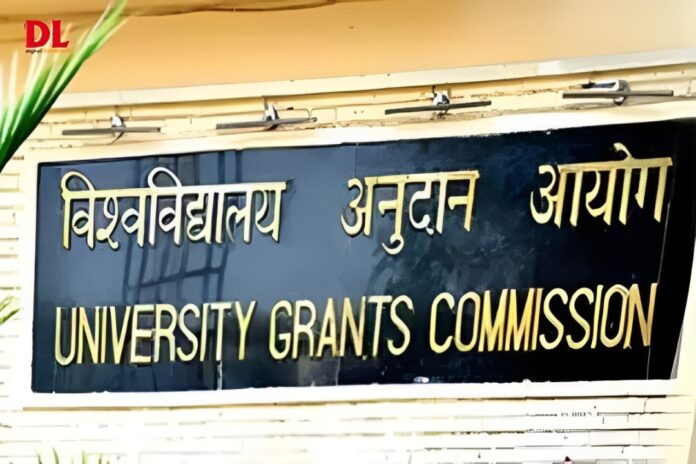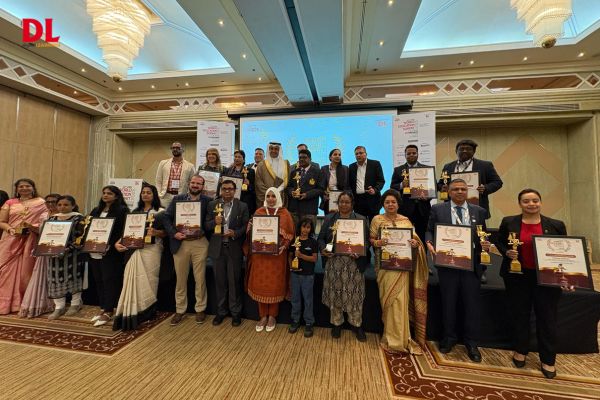The world of education is set to witness a convergence of global education leaders as Elets Technomedia presents the 32nd edition of the Elets World Education Summit (WES), scheduled for 22–23 April 2025 in Dubai. Organised in collaboration with Digital Learning Magazine, WES has become the foremost platform for education innovation and leadership across Asia and the Middle East.
This exclusive, invite-only summit will bring together over 200 visionaries from premier institutions across the world for two days of insightful knowledge exchange and networking.
This edition of the World Education Summit introduces a purpose-driven, multi-forum format to tackle the distinct challenges and opportunities within different segments of the education ecosystem. The summit is crafted to bring forth forward-thinking ideas on A innovation, digital transformation, innovative leadership, and academia-industry collaboration, and more, all with the goal of making institutions more resilient, scalable, and student-centric.
Key Highlights
- Participation of 200+ global education leaders from the K–12 and higher education sectors
- Curated forums targeting distinct leadership roles and challenges
- Exclusive product launches and cutting-edge EdTech demonstrations
- Closed-door strategy sessions fostering candid, confidential dialogue
- The prestigious 32nd Elets World Education Awards 2025, celebrating excellence in over 20 categories across school and higher education
Dr. Ravi Gupta, Founder & CEO of Elets Technomedia and Editor-in-Chief of Elets Digital Learning magazine, will inaugurate the summit with a welcome address. To mark the occasion, a special edition of the magazine will be unveiled, celebrating global education leadership, innovation, and transformative initiatives shaping the future of learning across borders.
School Track Highlights
The school education track will bring together School Directors and Principals from leading global educational institutions to explore strategic themes such as curriculum innovation, experiential learning,and digital readiness, etc.
Additionally, the summit will serve as a dedicated space for School Founders, Owners, and CEOs, offering a deep dive into critical aspects of school operations, brand building, regulatory challenges, and financial sustainability. This forum will foster peer learning, provide valuable leadership insights, and facilitate high-level networking opportunities.
Day 1 will begin with registration and opening remarks, followed by a key panel on Shaping the Future of Education in the UAE and Beyond, moderated by Dr. Brijesh Karia, Chief Operating Officer of Singhania Education. Thought leaders, including Dr. Maya AlHawary, Director of the UAE Ministry of Education, and Priti Agarwal, Founder of MindCET, will discuss visionary leadership and school ownership.
Dr. Revathi Srinivasan, Director & Dean of Singhania Group of Schools, will deliver a keynote address on the future of education.
The day will also feature discussions on building world-class schools, AI in education, and early childhood education, with contributions from leaders like Nargish Khambatta, Principal of GEMS Modern Academy, and Dr. Anjuli Murthy, Director of Research at Early Childhood Development Centre. Afternoon sessions will focus on global collaboration and overcoming regulatory hurdles with speakers including Dr. Pramod Mahajan, Director-Principal, Sharjah Indian School, Sharjah, UAE; Dr. Beno Kurien, Principal, International Indian School, Abu Dhabi, UAE; Daizy Paul, Principal, Ryan International Private School, Sharjah, UAE; Sheela George, Principal, ASPAM Indian International School , Sharjah, UAE, etc.
Ssarita Siingh, Managing Trustee, Priyadarshani Group of Schools, Maharashtra, India, will deliver a special address, offering valuable insights into the evolving landscape of education and the role of institutions in shaping the future of learning in India and beyond. Her expertise and vision will provide a unique perspective on advancing educational excellence.
Day 2 of the school education track will open with a panel on Shaping the Future with STEM Education, moderated by Vivek Dilip, CEO of miBot, discussing the importance of industry-academia collaboration. Piyush Khandelwal, Co-founder of Rocksport, will lead a session on dynamic curriculum creation.
Panels on the economics of K-12 education, building global education networks, and smart schools will continue, with contributions from Dr. Thakur S. Mulchandani, Managing Director of EdTech Solutions; Dr. Layne Hunt, Director of Global Education Partnerships at Pearson, and more.
Dr. Ilaria Bosi, Pedagogical Director at Argenta City Hall, Emilia Romagna, Italy, will deliver a special address at the World Education Summit, offering valuable insights on innovative pedagogical approaches and the evolving landscape of education in Italy. Her address will provide a unique perspective on the integration of educational practices and strategies to foster global learning ecosystems.
Dr. S. Reshma, Principal – School Director, Regent’s Gulf Indian High School Dubai, and Executive Director, Regent Middle East, Regent Education UAE, will also deliver a special address, sharing valuable perspectives on enhancing academic excellence and empowering students for the future.
Higher Education Highlights
Running across both days of the summit, the Higher Education track is crafted for Chancellors, Vice Chancellors, Presidents, Founders, and Deans from top universities and colleges. The forum will lead robust conversations around AI integration, global rankings, cross-border collaborations, tech innovation, and future-ready pedagogy. It aims to create a high-impact environment for decision-makers to exchange insights and form strategic alliances that will shape the future of global higher education.
Day 1 will commence with inaugural insights by Dr. Ahmed S. Yamani, President, Prince Sultan University, followed by a keynote on future-readiness by Sreekanth K Arimanithaya, CEO, Xarpie Labs.
The higher education track will include in-depth panel discussions on UAE’s Vision 2030, AI in Higher Education, International Alliances, and Global Job Market Alignment, featuring academic leaders such as Prof. Dr. N. R. Parasuraman, Director, SDMIMD, India; Prof. Dr. Dinesh Babu T., Vice Chancellor, REVA University, India; Dr. Muneer M. Al-Madhoun, Director, Quality Assurance & Accreditation, Ahlia University, Bahrain; Dr. Venkatesh Sunkad, Dean – School of Engineering, Amity University, Dubai; Prof. Amruth Raj, Dean, Srinivas University, India; Prof. Dr. Shauli Mukherjee, Director, School of Education, Adamas University, India, and more.
Professor Yusra Mouzughi, Provost, University of Birmingham, Dubai, UAE, will deliver a special address, offering a forward-thinking perspective on the evolving nature of higher education and the importance of adapting dialogues to meet the challenges of modern times.
Dr. Rupa Vasudevan, Chancellor and Founder, Bharatiya Engineering Science and Technology Innovation University, India, will present a special address on the role of sustainability and entrepreneurship in shaping the future of higher education, focusing on the intersection of innovation, responsibility, and growth.
Day 2 will delve into themes such as Global Sustainability in Education, EdTech Innovations, and the future of learning spaces through Holograms, Metaverse, and Virtual Classrooms. Noteworthy speakers include Dr. Nader Ghazal, Director of Institutional Research, Abu Dhabi University; Prof. Dr. Paulson Mathew, Director, Planning and Development, Gulf Medical University, UAE; Dr. Simon Mak, Executive Director, Caruth Institute for Entrepreneurship, SMU Cox School of Business, USA; Prof. William Cornwell, Professor of Management, University of Indianapolis, USA
Dr. Nader Ghazal, Chairman of the African-Asian Council for AI & Cybersecurity, UAE, will address a critical topic in his special address, offering insights on the intersection of AI, cybersecurity, and global security challenges.
Dr. Simon Mak, Founding Vice Chancellor of Universal AI University, India, will also deliver a special address, sharing his vision on the future of AI-driven education and its transformative impact on learning ecosystems.
Honouring Visionaries: Elets World Education Awards 2025
The summit will also host the 32nd edition of the Elets World Education Awards, a platform to recognise leaders in educational excellence and innovation. Institutions and leaders from across the globe are participating to showcase their impact in education.
Summit Partners
The World Education Summit is co-powered by Xarpie, with Turnitin serving as the Gold Partner. De Montfort University Dubai joins as the Skilling Partner, while StockGro is the Experiential Learning Partner. Shri Connect supports as the ERP Solution Partner, and Leadsquared enhances AI Admissions & Data Compliance.
Other notable partners include Singhania Quest Plus as the School Edtech Partner, Meritto as the Enrollment Technology Partner, and iSchool as the Online Tech Learning Partner. Ganpat University and Shoolini University contribute as University Partners, with Demont Institute of Management & Technology as the Institute Partner. EnnobleIP is a Silver Partner, and Burlington English, MongoDB, MiBOT, RMB Group, and Rocksport are Associate Partners.
Exhibitors such as Application UNI, Aspirational Editech, Cub Coders, Junior Duke, Otomatiks, Schoolay, Smarts-Shapes, and TTS are also part of this prestigious event. MFZ is the Government Supporting Partner, with UAE Sahodaya as the Supporting Partner.
Also Read: 31st Elets World Education Summit Champions Innovation, Creativity, and Future-Ready Learning
Join the Global Education Platform
With 31 successful editions held across India, the UAE, and Africa, the Elets World Education Summit continues to connect global educators, EdTech innovators, and policy leaders, creating a powerful platform for shaping the next era of education. The 32nd edition in Dubai is set to be a landmark moment in the global education calendar, bringing together the brightest minds to reimagine the future of learning.







